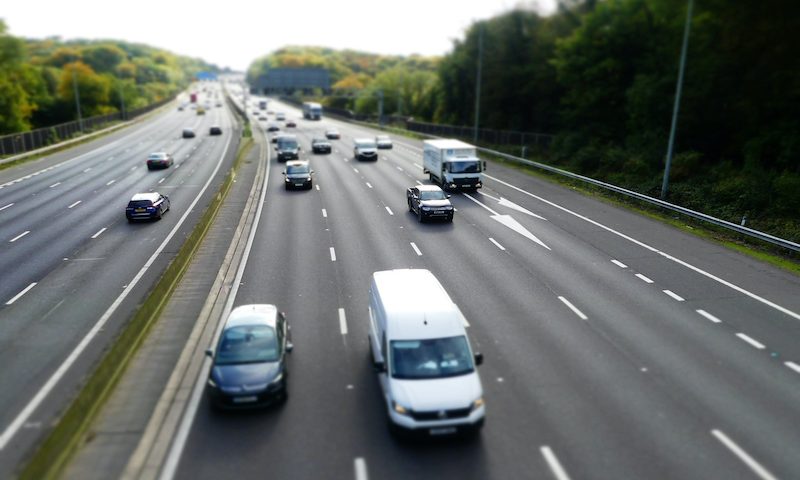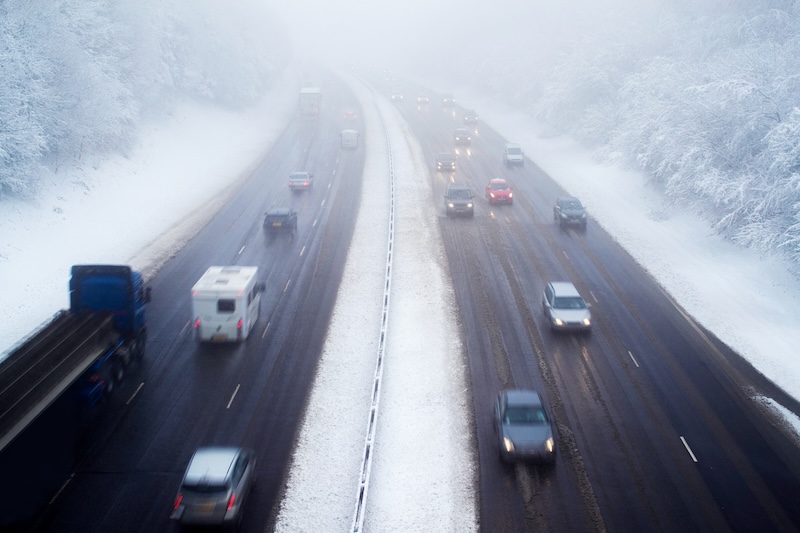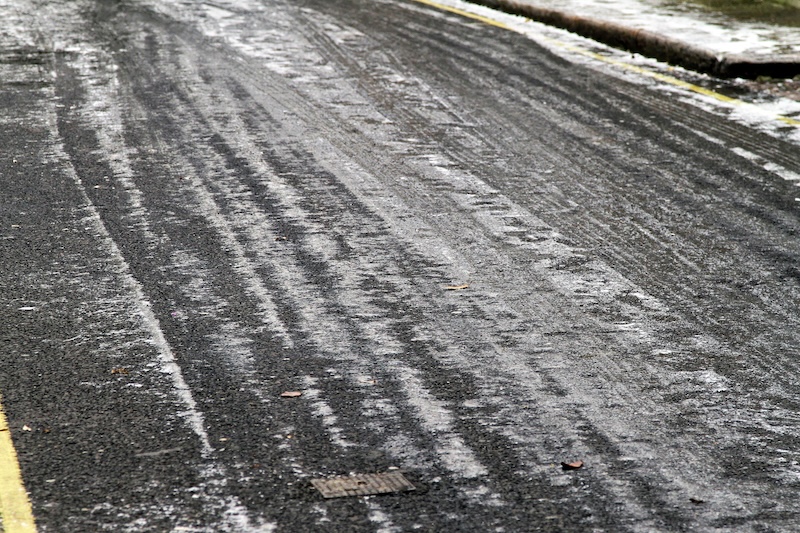Stopping on the hard shoulder could land you a £2,500 fine

Ever pulled over onto the hard shoulder for a quick pitstop? Be warned – unless your reason for doing so meets Highway Code rules, you could be slapped with a whopping £2,500 fine.
When are you allowed to stop on a motorway hard shoulder?Despite the many reasons you might pull over onto the hard shoulder, it is only legal to do so four “emergency” situations. The Highway Code states that you must not use a hard shoulder “except in an emergency or if directed to do so by the police, traffic officers or a traffic sign”. But what counts as an emergency? According to Dominic Smith, director of road traffic offence specialist firm Patterson Law, the emergencies in which drivers can used the hard shoulder are when: “There is a breakdown or mechanical defect (or where run out of fuel, oil or water required for the vehicle); an accident, illness or emergency; to allow a person to move an object which has fallen on the motorway, or to allow a person to assist with any of those 3 situations.” Drivers in these situations are urged to make sure their vehicle is off the road and not obstructing or presenting a danger to other cars. It must be moved on as quickly as possible after the emergency. What is the penalty for stopping on a hard shoulder?Mr Smith added: “Failure to follow these regulations could see you prosecuted for a few different offences, starting with unlawfully stopping on the hard shoulder could see you fined up to £2,500 but no penalty points.” He added that if the police consider that the driving was careless or dangerous, the police may prosecute for driving without due care or attention – which could lead to 3-9 points on your licence or a disqualification. They could even prosecute for dangerous driving, with a minimum 12-month ban, an extended retest, possibly a community order, or, in serious cases, prison. What is classified as an “emergency”?Currently, the Highway Code does not give detailed explanations of the emergency situations where you might use the hard shoulder, making it hard for drivers to know if their emergency is reason enough to stop. Graham Conway, the managing director of Select Car Leasing, is now calling for urgent clarification on this, as Department for Transport figures show there were 403 accidents on UK motorway hard shoulders between 2011 and 2016 alone. He says: “We’re told not to pull onto the hard shoulder to either vomit or allow a passenger to be sick. “But for lots of people, that will be seen as a medical emergency that necessitates a hard shoulder stop.” He also expressed concern over car warnings and flat tyres, saying: “Should your oil light flash on the dash, I think a lot of people would be tempted to pull over. After all, if your car runs out of oil, you’re looking at potentially catastrophic engine failure.” Can you change a tyre on a motorway hard shoulder?When it comes to changing a tyre, the Highway Code suggests you should “only change the tyre if you can do so without putting yourself or others at risk – otherwise, call a breakdown service”. Organisations including the AA, however, say you should never change a tyre on a motorway hard shoulder, or at the side of the road. Until further clarification is given on these matters, it is perhaps best to err on the side of caution when using hard shoulders, wherever possible, to avoid a massive fine. Are you following the rules of the road? Get an update on the recent Highway Code changes.
Check out our car insurance policies today! |


